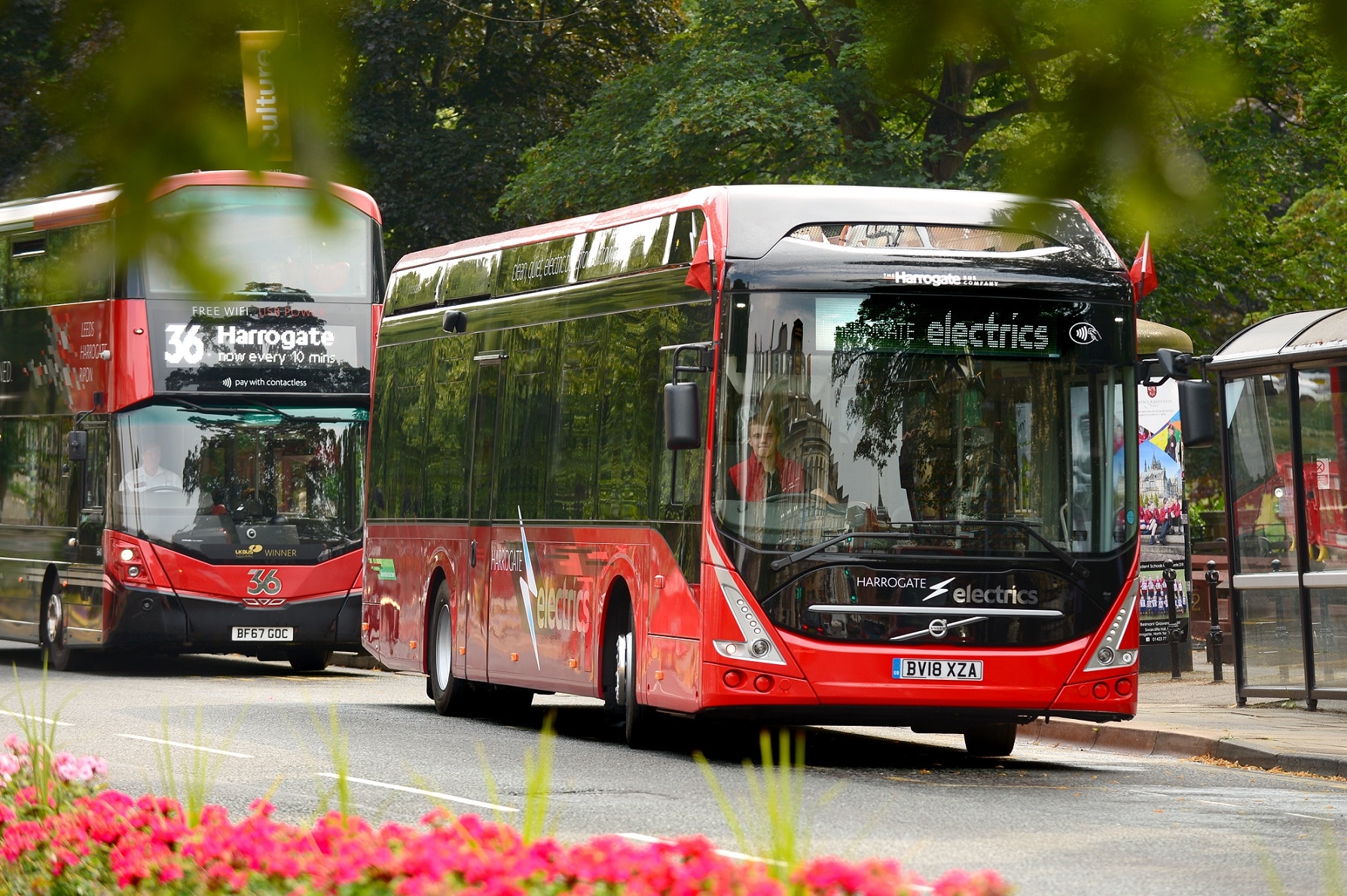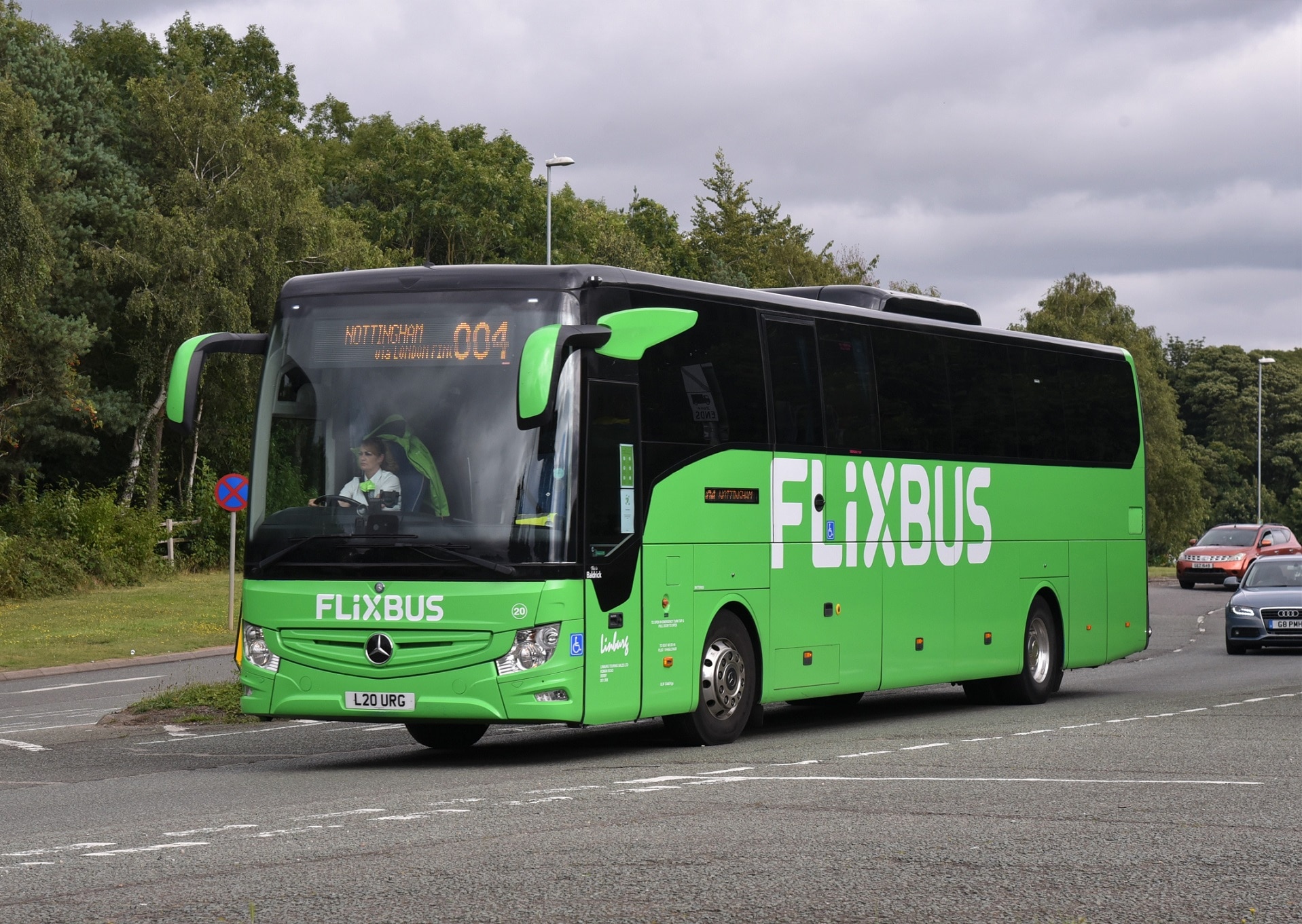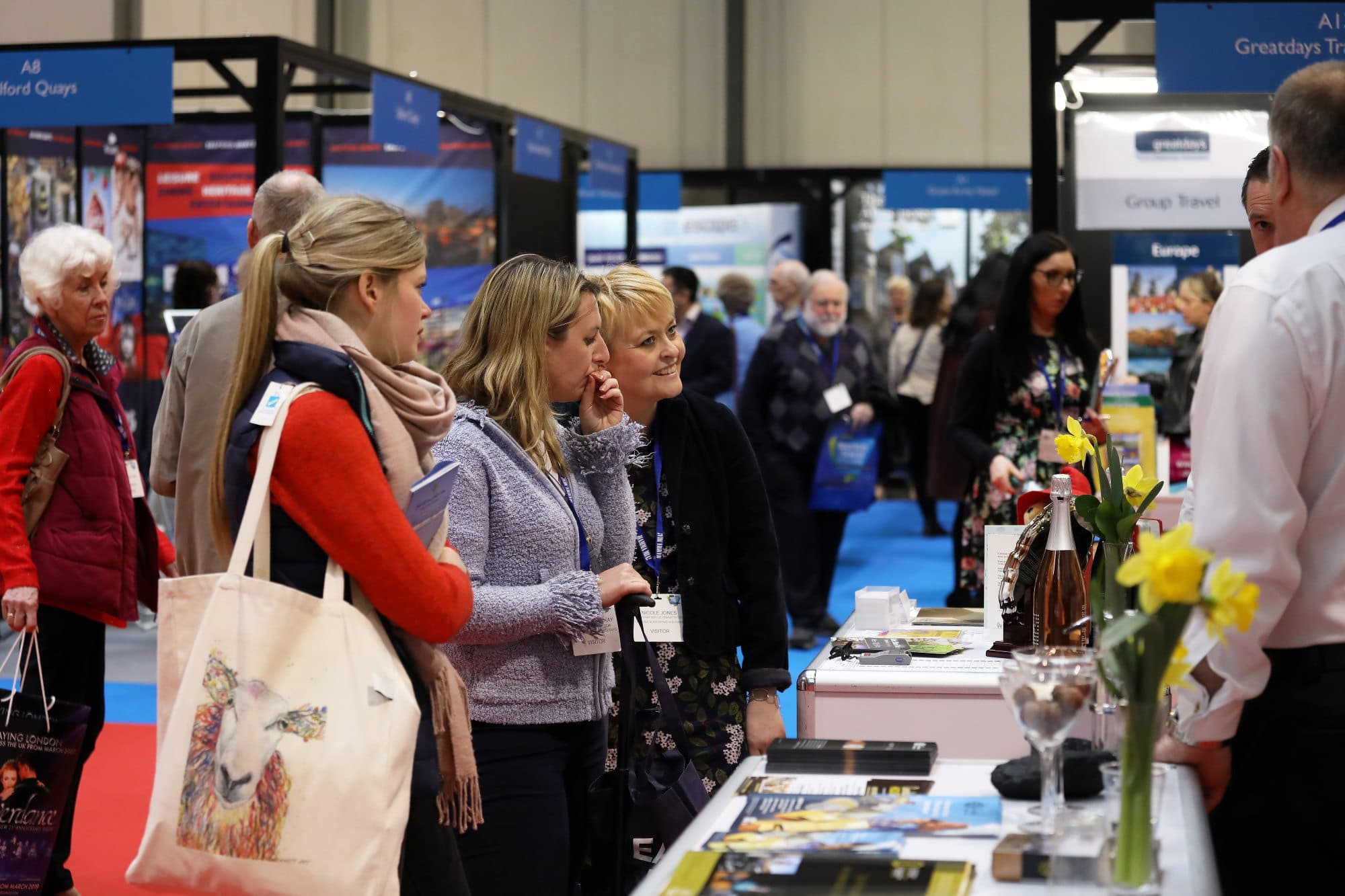Whether England’s Zero Emission Bus Regional Areas (ZEBRA) scheme will be delivered precisely to the format planned at launch is unclear after the Department for Transport (DfT) progressed to the business case stage multiple bids that are much smaller than it initially envisaged.
Guidance that was published in March outlined DfT’s expectation that successful applications would each account for between £25-35m of funding. At that point, DfT anticipated that the £120m pot would support 500 zero-emission buses and their associated infrastructure, suggesting that each successful proposal would capture around 100 buses at least.
While some bids that have progressed to the second stage are scaled to that aspiration, others are distant. They seek significantly lower sums of money. Still others have not been published by the respective local authority (LA).
ZEBRA bids go forward despite not meeting DfT expected total
Among those bids seeking a lower sum than outlined by DfT in its guidance come from Cambridgeshire and Peterborough Combined Authority (CBCA) – which asks for £4.3m to part-fund 30 battery-electric double-deckers for Cambridge – and from City of York Council. It hopes for £8.6m towards the realisation of 44 battery-electric Arrival single-deckers.
Funding provided via ZEBRA can be apportioned only to a maximum of 75% of the incremental price over a diesel bus, and infrastructure. Hence, the purchase price of a diesel equivalent bus must be sourced from elsewhere.
If CBCA’s bid is successful, that will require the operator involved to invest £7m. Although its business case accepts that the CBCA submission is well under what DfT expected bids to be valued at, the document contains a key line that illustrates where an issue may lie for some operators in supporting large-scale aspirations.
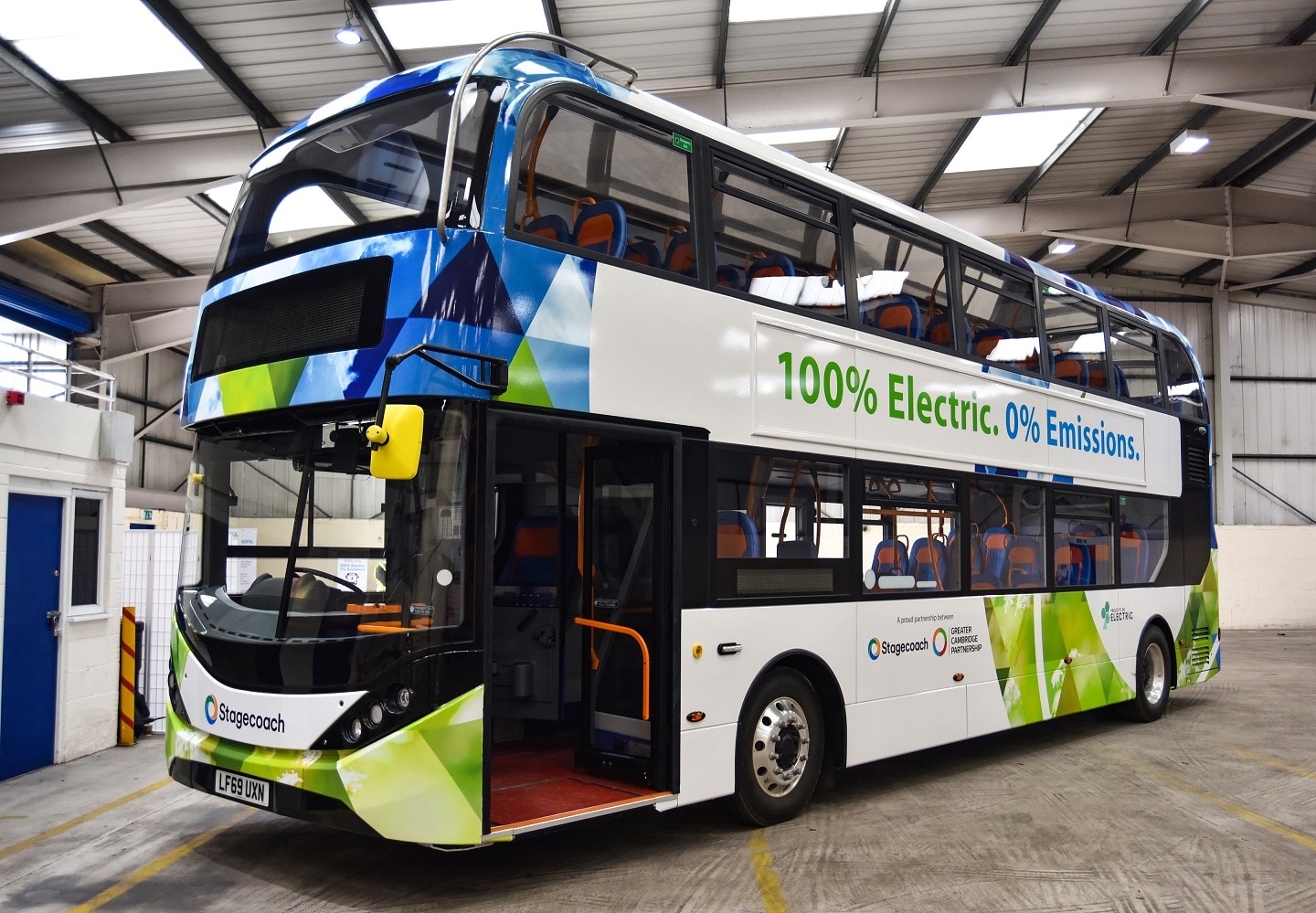
It notes that the reason a much lower sum is being asked for is “principally due to limitations in the ability of our local operators to finance a significant number of new buses following the COVID-19 pandemic.”
However, the CBCA business case goes on to explain that it views ZEBRA as a “pump priming” exercise.
If it succeeds, it will start a rolling fleet replacement programme that will see the local authority area transition to a fully zero-emission bus fleet “by 2030.”
Was the scale adopted by DfT for ZEBRA unrealistic?
A further example of the earlier misstep in DfT’s approach to ZEBRA is in Harrogate. There, North Yorkshire County Council (NYCC) has seen its bid progress. It calls for the electrification of Transdev Blazefield-owned The Harrogate Bus Company’s fleet to be completed.
That work would require the purchase of 39 battery-electric buses. NYCC has not disclosed the precise amount of funding it is seeking, but it hopes for “more than £8m.”
That is less than a third of DfT’s initial expectation, although the NYCC bid is not without controversy. Tockwith-based Connexions Buses has claimed that it was not considered for inclusion despite being willing to participate. Allegations that it ignored Connexions have been refuted by the LA.
Some bids still seek large sums of money from ZEBRA
While it seems likely that DfT has misread both the ability of some operators to provide funding towards large ZEBRA bids and the need or scope for such proposals in some urban areas, other published expressions of interest and business cases demonstrate that in alternative locations, there is a clear interest in delivering at scale.
In its expression of interest, Warrington Borough Council (WBC) seeks £22.7m from ZEBRA. While slightly below DfT’s ballpark figure, that sum nevertheless will, if awarded, unlock conversion of the municipally owned Warrington’s Own Buses fleet to battery-electric operation in its entirety by September 2023. Such a step will require 120 such vehicles.
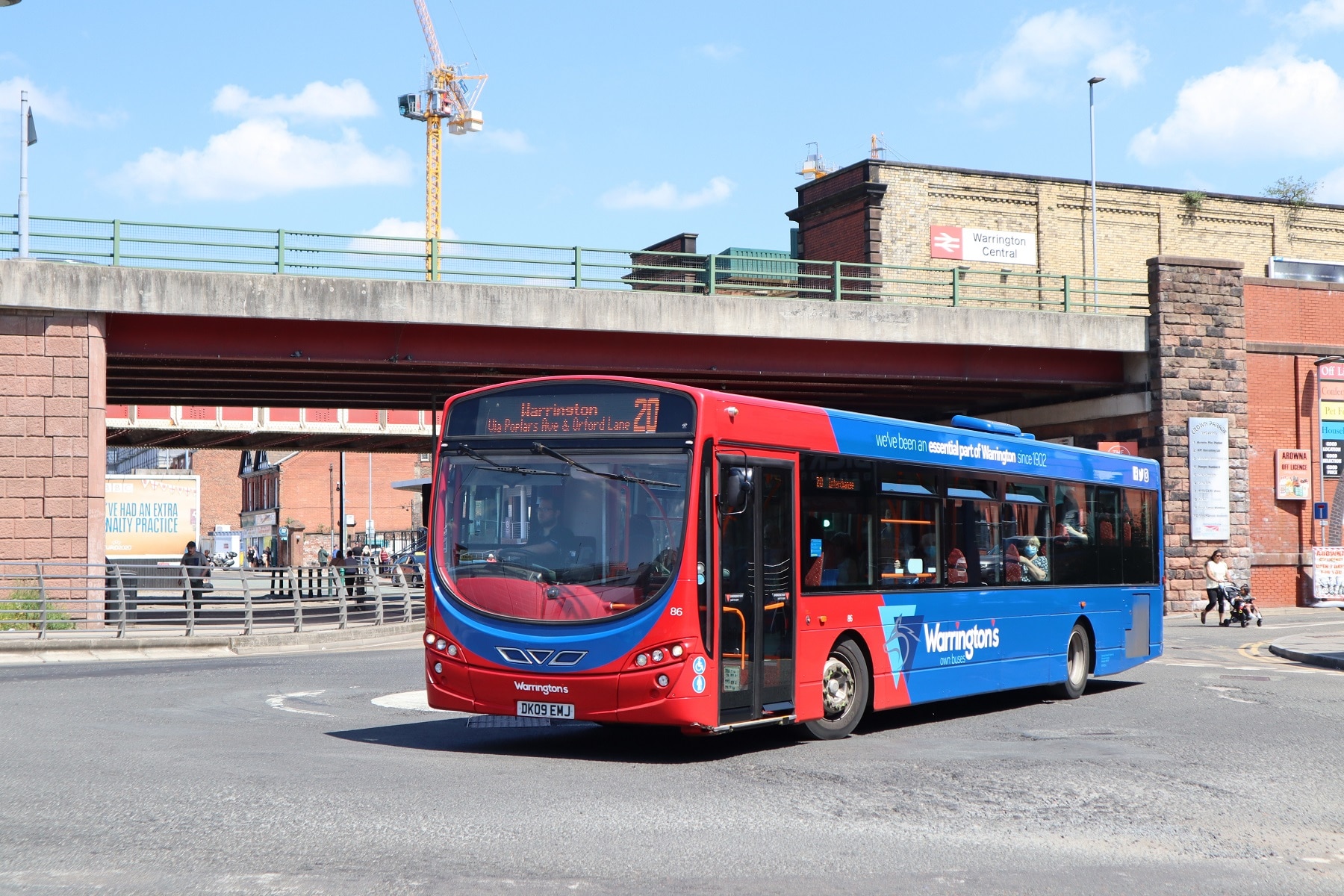
WBC’s bid is built over a 30-year period. Over that time, £97.2m will be required, with the LA providing all that funding above what is sought from ZEBRA.
A battery refresh, fleet replacement at year 15 and later battery work for those buses, and infrastructure, are all factored into that sum. Via separate funding streams, a new depot for the operator would also be constructed.
WMCA seeks big money from DfT and operators for hydrogen
A proposal on a much greater scale that has proceeded to the business case stage of ZEBRA is from West Midlands Combined Authority (WMCA).
Its completed submission seeks £54.8m towards the introduction of 200 hydrogen fuel cell-electric double-deckers and 24 articulated single-deckers for the Sprint bus rapid transit network, along with two hydrogen refuelling stations. Seven battery-electric single-deckers and two pantograph chargers complete the heavily redacted business case.
In an indication that some operators are well able to provide the necessary funding to go with large-scale ZEBRA bids, those that are involved with the WMCA submission have committed £91.1m towards delivering its aims.
DfT’s stance on ZEBRA applications that are above its expected figures was not disclosed in the guidance. However, the Department defined the originally-anticipated level of support to ensure that it is “able to fund at least three areas across the scheme.”
The progression of smaller bids may still allow that total to easily be exceeded even if WMCA’s blockbuster submission is successful. Warrington’s, meanwhile, undoubtedly has the potential to transform the town’s buses. But hindsight might come to show that ZEBRA may have attracted still further interest had the scope for modest-sized proposals been clear from the beginning.





















